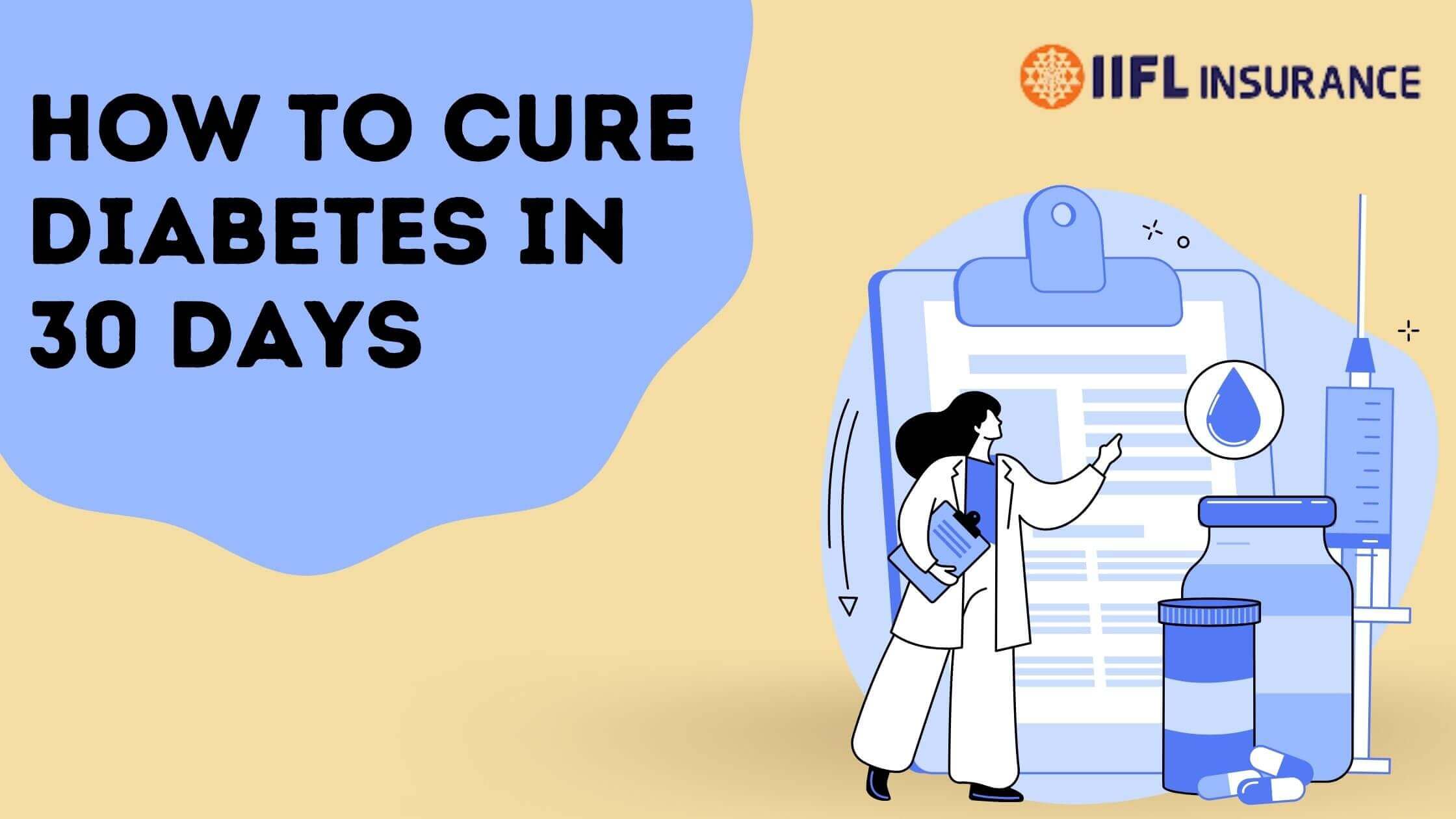There have been new studies conducted across the globe that show that diabetes in men has a direct on male fertility. A number of reasons for the same have been speculated. And the most common reason is that diabetes causes higher damage to sperm DNA.
This is a ground-breaking discovery as it is the first time that diabetes has been adversely linked to influencing male fertility at a molecular level. This is also a worldwide concern as the number of diabetics diagnosed at a young age has slowly risen across the globe.
Rajiv is very interested in learning more about this topic. He does not suffer from diabetes but his brother does and he is genuinely concerned for his well-being. Beyond just looking at the answer to the question of ‘does diabetes affect sperm quality,’ Rajiv also wants to look at some tips that can be practiced to improve this particular problem. We’ll look at all this today.
Does Diabetes Affect Sperm Quality?
Does diabetes affect sperm quality, is it a complex and concerning question? And it is already known that lower quality of sperm DNA is closely linked to lower implantation rates, lower embryo quality, higher chances of miscarriage, and serious childhood diseases like cancer.
To understand this concern in a better manner, several suggestions have been made as to what could cause DNA damage in sperm. But till now the underpinning of molecular biology has been somewhat of a mystery.
What is rather baffling here is that semen samples from men with diabetes who were undergoing insulin treatment have been found to have normal sperm samples. The only concern here was a slightly lower volume. However, there is a completely different picture when the sperm quality is looked at from the perspective of DNA damage.
In those cases, the sperm RNA was very different and many of the alterations that were seen by the RNA transcripts were used in repairing DNA. The findings of several of these studies were confirmed when a comparison was made with a database of men that have proven fertility.
Diabetics have a significant decrease in their ability to repair sperm DNA. And once this damage is done, then it cannot be restored. Further, in many studies, it was shown that a factor, which is known as spermatogenesis 20. This factor does not have an unknown function but is known to be unique to the testis and was greatly increased in those cases.
All these studies drew up the conclusion that having diabetes has a direct influence on the health of semen. However, this was not the end of the study. The aim of the study was to not just find the answer to the question of ‘does diabetes affect sperm quality.’ The next step in the process is to understand what happens in diabetic men that causes this damage to their sperm DNA.
It has been identified as a class of compounds known as advanced glycation end products (AGEs) in the male reproductive tract. These are formed as a result of glycation, which is the process of the addition of sugar. AGEs accumulate during normal aging.
All of this is further dependent on the lifestyle of the diabetic complications. This is centrally implicated in DNA damage. And it is believed that a similar role is played in the male reproductive system.
Rajiv understands that there is a lot that has to be understood in this department. In a way, he has received the answer to his question of ‘does diabetes affect sperm quality.’ However, what he wants to understand now is if it’s possible to boost sperm count. And if it is, then how can one do it.
How to Boost Sperm Count?
It is possible to boost sperm count for an individual. And there are several ways in which this can be done. Some of these tips to boost sperm count are:
Know When to Seek Help
Apart from following all this, the one thing that you should remember is when to seek help. There is a different degree of stress associated with a scenario where one wants to father a child but is unable to.
This is why if you think that you need some medical help, then you shouldn’t hesitate to seek it out. Beyond that, you can also make some lifestyle changes and see if that has a positive effect on your life or not.


